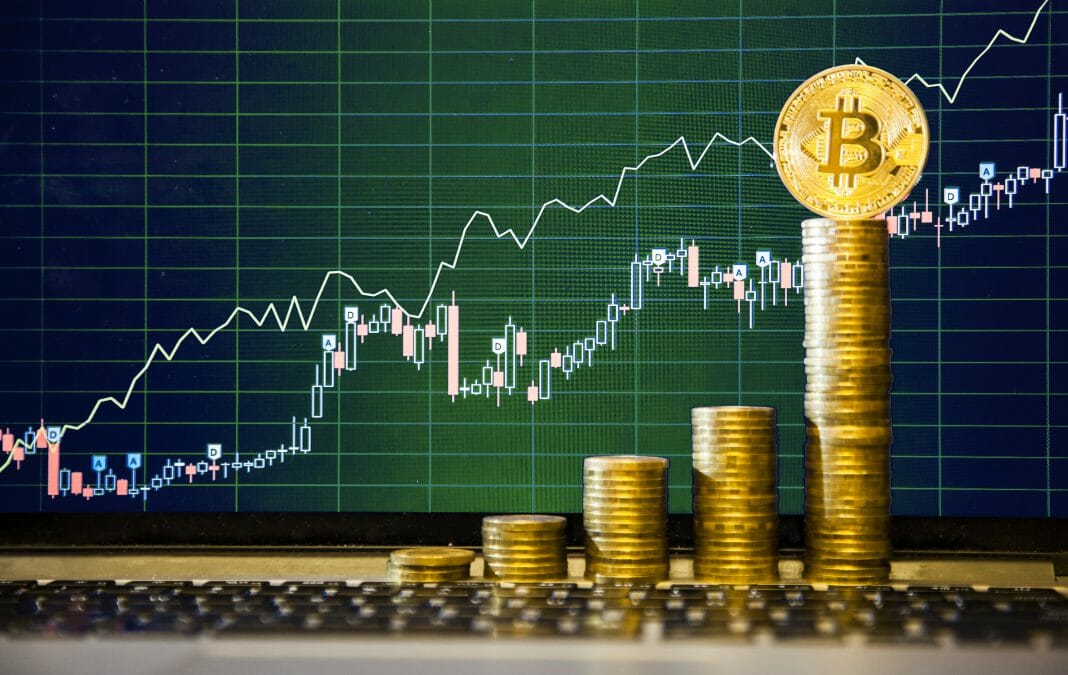Panelists believe that people will feel safer if banks sell and hold bitcoin. With PayPal’s precedent, it would not take long for this to happen.
“I believe that bitcoin and other cryptocurrencies will be introduced to the masses by banks and institutions,” said engineer Aníbal Santaella last Friday during his participation in a panel at the BlockDown LATAM 2020 conference.
This Venezuelan resident in Scotland gave arguments about his sayings: “The conventional masses, as I tell you, not to detract from the people, they have simply externalized the source of truth in leaders and institutions”.
Santaella imagined a possible family situation: “My father, a 50-year-old person, one day when he arrives at his bank they will tell him: ‘Now I am going to offer you bitcoin, and we can keep it for you.” Once this happens, according to the engineer, “the customer will feel comfortable”.
Santaella, who is an active disseminator of Bitcoin through his own YouTube channel, shared the BlockDown LATAM 2020 panel discussion with Alejandro Machado, founder of the Open Money Initiative. The moderation was in charge of the journalist Covadonga Fernández.
Machado also shares the idea that banks will become increasingly involved with cryptocurrencies and offer new services that include them. According to him, this will happen soon. “PayPal already did it, so from PayPal to a traditional bank, the missing trigger for this to happen is technological proficiency”, he said. For Machado, traditional banks will have no alternative but to modernize and upgrade their policies.
According to this Venezuelan graduate in computer studies from the Simón Bolívar University and who currently resides in Colombia, “the dividing line between cryptocurrencies and the rest of the forms of digital money will be blurred a bit.” “People are not very aware of what code is running behind what they are using on the phone,” he explained.
Machado mentioned what happens with the digital yuan, a currency that is under the Central Bank of China’s development and which is in an advanced stage of testing before its official launch: “Many Chinese citizens are going to think: ‘This runs on the blockchain, so it must be safe’, or ‘This is official state money and that’s why it is safe. ‘
Is Bitcoin a means of financial inclusion?
Both professionals also agreed on the relevance of Bitcoin as a means of financial inclusion. For this to remain a reality, they explained that they need bridges between cryptocurrencies and fiat money.
“We have already seen examples with companies that, thanks to technology and mobile telephony, allow unbanked people to exchange money as if it were a message,” said Machado. He then insisted on the need not to create isolated systems but to establish points of union between Bitcoin and the national currency of each country. “If there are easy ways to exchange them, you can get to the idea of financial inclusion,” he said.
Finally, Santaella gave the reasons why he considers cryptocurrencies to be a means of inclusion. For him, “bitcoin is a tool that helps the individual to restore their financial rights.”
By: Jenson Nuñez.











